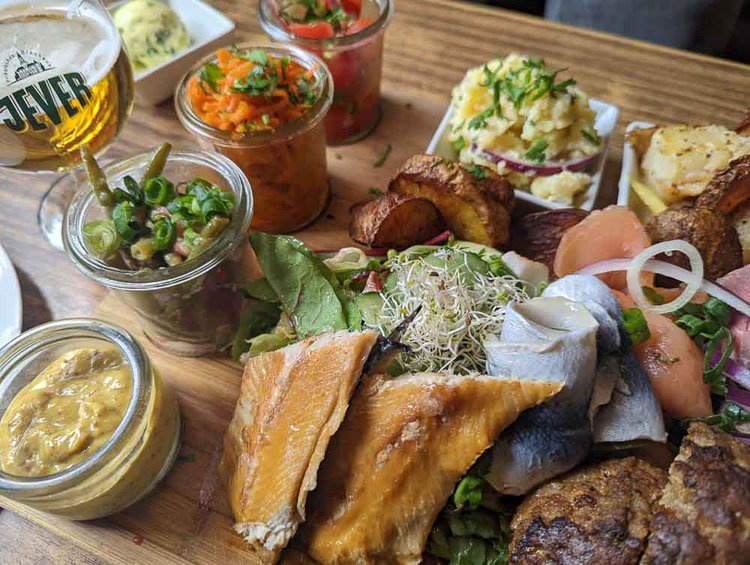French cuisine is renowned for its exquisite flavors and culinary traditions that have captivated food lovers worldwide. One ingredient that holds a special place in the heart of French gastronomy is French mustard. With its distinct character and unparalleled taste, French mustard adds a touch of sophistication to any dish. In this article, we embark on a flavorful journey to explore the rich history, production process, and diverse applications of this beloved condiment.
1. A Brief History of French Mustard
The roots of French mustard can be traced back to ancient times when the Romans introduced the mustard seed to Gaul, the region that eventually became modern-day France. Over the centuries, mustard gained popularity and evolved into various regional styles, each with its unique characteristics.
2. Dijon Mustard: The Epitome of French Mustard
One cannot discuss French mustard without mentioning Dijon mustard, which is synonymous with excellence. Dijon, a city in Burgundy, is renowned for producing this iconic condiment. Dijon mustard is made from brown or black mustard seeds, white wine or verjuice, water, vinegar, and salt. Its smooth texture, delicate tang, and subtle heat make it a versatile companion for a multitude of dishes.
3. Production Process of French Mustard
The production process of French mustard involves precise craftsmanship and attention to detail. First, mustard seeds are soaked in liquid, such as water, wine, or vinegar, to release their pungent flavors. Then, the soaked seeds are ground to the desired consistency, often using traditional stone mills to preserve the integrity of the mustard's flavor profile. The resulting paste is mixed with the chosen liquid, along with additional seasonings, such as herbs, spices, or honey, to create a harmonious blend of flavors.
4. Varieties and Regional Specialties
France boasts a wide array of mustard varieties, each originating from a distinct region and offering its own taste sensation. For example, the Pommery Meaux Mustard from Meaux in the Champagne region is renowned for its grainy texture and robust flavor. The Tarragon Mustard from Provence incorporates the herb's distinct aroma, infusing a touch of freshness into every bite. Other notable regional specialties include Alsace mustard, which is characterized by its strong flavor, and Béarnaise mustard from the southwestern region, known for its creamy texture and peppery notes.
5. Culinary Applications
French mustard's versatility shines through in its numerous culinary applications. It serves as a beloved accompaniment to classic dishes like coq au vin, beef bourguignon, and the iconic croque-monsieur. French mustard also elevates salad dressings, vinaigrettes, and marinades with its tangy punch. Furthermore, it adds a delightful zing to sandwiches, sausages, and charcuterie boards. The possibilities are endless when it comes to incorporating French mustard into your culinary creations.
6. The Joys of Pairing
The distinct flavors of French mustard and olive oils make it a perfect companion for an array of ingredients. Its tanginess complements the richness of meats, cheeses, and pâtés. It also harmonizes beautifully with seafood, enhancing the flavors without overpowering them. Additionally, French mustard can enliven vegetarian dishes, providing a savory contrast to grilled vegetables or roasted roots.
Conclusion
French mustard is an essential condiment that embodies the culinary heritage and finesse of France. Its centuries-old tradition, diverse regional specialties, and versatile applications make it an indispensable ingredient in both traditional and modern cooking. So, the next time you find yourself in a culinary adventure, don't forget to add a dollop of French mustard to savor a delightful symphony of flavors.


No comments yet